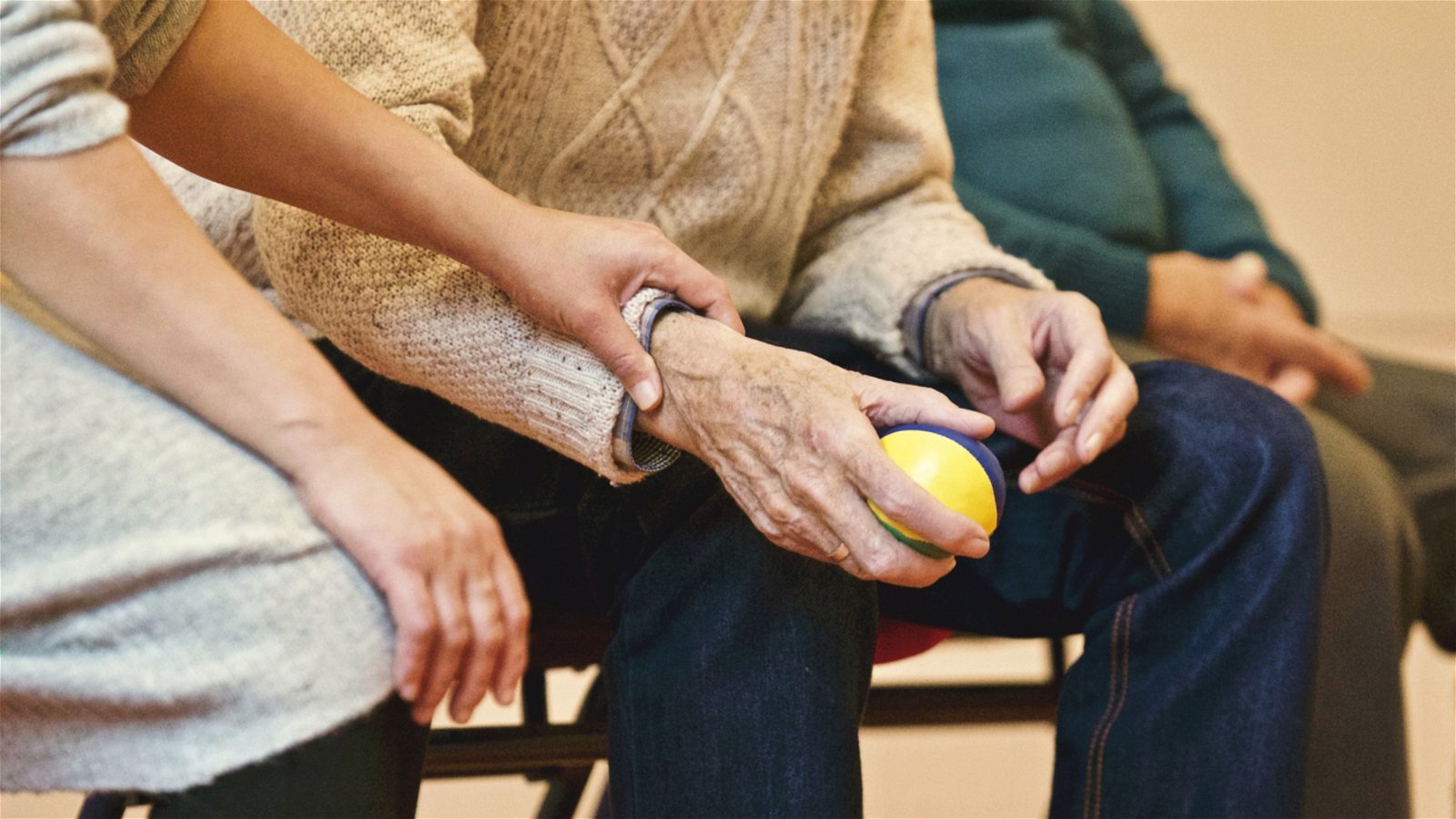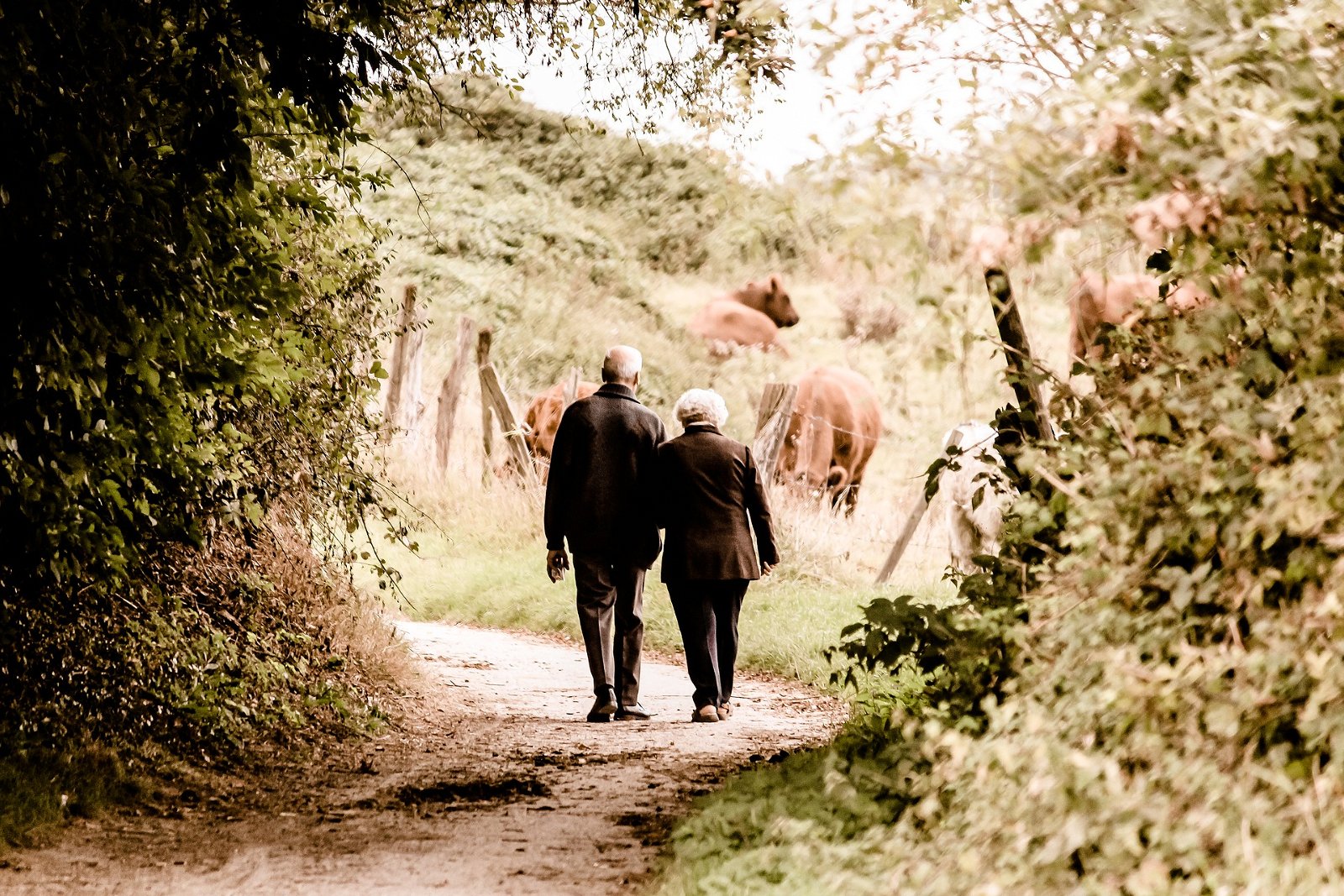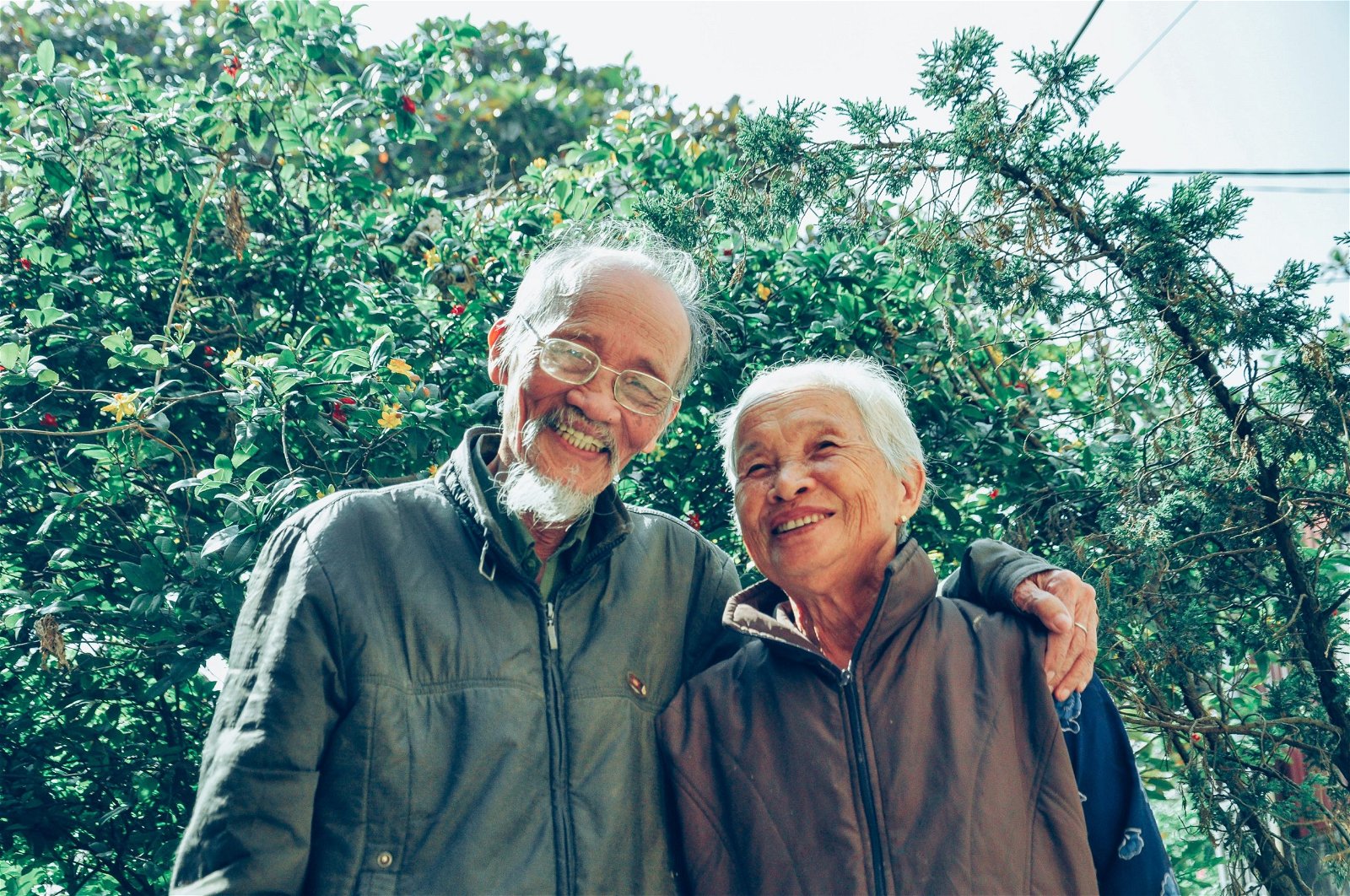Parkinson's Disease
Parkinson’s disease (PD) is a brain disorder that leads to shaking, stiffness, and difficulty with walking, balance, and coordination. Parkinson’s symptoms usually begin gradually and get worse over time. As the disease progresses, people may have difficulty walking and talking. They may also have mental and behavioral changes, sleep problems, depression, memory difficulties, and fatigue. Both men and women can have Parkinson’s disease. However, the disease affects about 50 percent more men than women.
There has been interest in cannabidiol (CBD) as a treatment option for PD because of the identification of multiple potential targets of action in the CNS. CBD is one of the many cannabinoids identified in Cannabis sativa, being the second most abundant constituent after Δ9-tetrahydrocannabinol (THC). Unlike THC, CBD is non-psychoactive, and has been ascribed many potential medical benefits.
A research found in the Brazilian Journal of Psychiatry, a research group from Faculdade de Medicina de Ribeirão Preto, Universidade de São Paulo, Brazil, addressed animal and human clinical studies involving the use of CBD for PD.
The authors discussed the biological bases for a potential effect of CBD in this setting, as well as preclinical and clinical studies of CBD in PD. The latter, all conducted by their group, are an open-label study, a case series and a randomized controlled trial.
The open-label pilot study was conducted with six PD patients with psychotic symptoms, lasting at least 3 months before study entry, that could not be controlled by reduction of antiparkinsonian medications.
Oral CBD doses ranging from 150-400 mg/day, combined with classic antiparkinsonian agents, reduced psychotic symptoms evaluated by different scales (the Brief Psychiatric Rating Scale and the Parkinson Psychosis Questionnaire), with no influence on cognitive and motor signs and no severe side effects.
All had prompt, substantial, and persistent reductions in the frequency of RBD after CBD treatment. After drug discontinuation, the complex movements of RBD returned with baseline frequency and intensity.
The third study was an exploratory double-blind trial of CBD versus placebo. Twenty-one PD patients without dementia or comorbid psychiatric conditions were assigned to three groups of seven subjects each who were treated with placebo, CBD 75 mg/day, or CBD 300 mg/day. Participants were assessed with respect to motor and general symptoms score (Unified Parkinson’s Disease Rating Scale [UPDRS]) and well-being and quality of life (Parkinson’s Disease Questionnaire [PDQ-39]). There were no differences across groups in motor score. However, the groups treated with CBD 300 mg/day had significantly different mean total scores in the PDQ-39. The authors point to a possible effect of CBD in improving measures related to quality of life in PD patients without psychiatric comorbidities.
Another research done in Germany, conducted among members of the German Parkinson Association (Deutsche Parkinson Vereinigung e.V.), assessed patient perceptions of medicinal cannabis and evaluated the experiences of patients already using cannabis products.
Over 1,300 responses to the survey were analysed by the team, which found that interest in the Parkinson’s Disease community in medical cannabis was high, but knowledge about different types of products was limited.
51% of respondents were aware of the legality of medicinal cannabis in Germany, and 28% were aware of the various routes of administration (inhaling versus oral administration), but only 9% were aware of the difference between THC and CBD.
Dr Carsten Buhmann, Department of Neurology, University Medical Center Hamburg-Eppendorf, Hamburg, said: “PD patients fulfilling these criteria are entitled to be prescribed medical cannabis, but there are few data about which type of cannabinoid and which route of administration might be promising for which PD patient and which symptoms. We also lack information about the extent to which the PD community is informed about medicinal cannabis and whether they have tried cannabis and, if so, with what result.”
The findings revealed that over 40% of users reported that it helped manage pain and muscle cramps, and more than 20% of users reported a reduction of stiffness (akinesia), freezing, tremor, depression, anxiety, and restless legs. Patients reported that inhaled cannabis products containing THC were more efficient in treating stiffness than oral products containing CBD but were slightly less well tolerated.
Parkinson's Disease
Parkinson’s disease (PD) is a brain disorder that leads to shaking, stiffness, and difficulty with walking, balance, and coordination. Parkinson’s symptoms usually begin gradually and get worse over time. As the disease progresses, people may have difficulty walking and talking. They may also have mental and behavioral changes, sleep problems, depression, memory difficulties, and fatigue. Both men and women can have Parkinson’s disease. However, the disease affects about 50 percent more men than women.
There has been interest in cannabidiol (CBD) as a treatment option for PD because of the identification of multiple potential targets of action in the CNS. CBD is one of the many cannabinoids identified in Cannabis sativa, being the second most abundant constituent after Δ9-tetrahydrocannabinol (THC). Unlike THC, CBD is non-psychoactive, and has been ascribed many potential medical benefits.

A research found in the Brazilian Journal of Psychiatry, a research group from Faculdade de Medicina de Ribeirão Preto, Universidade de São Paulo, Brazil, addressed animal and human clinical studies involving the use of CBD for PD.
The authors discussed the biological bases for a potential effect of CBD in this setting, as well as preclinical and clinical studies of CBD in PD. The latter, all conducted by their group, are an open-label study, a case series and a randomized controlled trial.
The open-label pilot study was conducted with six PD patients with psychotic symptoms, lasting at least 3 months before study entry, that could not be controlled by reduction of antiparkinsonian medications.
All had prompt, substantial, and persistent reductions in he frequency of RBD after CBD treatment. After drug discontinuation, the complex movements of RBD returned with baseline frequency and intensity.

Oral CBD doses ranging from 150-400 mg/day, combined with classic antiparkinsonian agents, reduced psychotic symptoms evaluated by different scales (the Brief Psychiatric Rating Scale and the Parkinson Psychosis Questionnaire), with no influence on cognitive and motor signs and no severe side effects.
All had prompt, substantial, and persistent reductions in he frequency of RBD after CBD treatment. After drug discontinuation, the complex movements of RBD returned with baseline frequency and intensity.
The third study was an exploratory double-blind trial of CBD versus placebo. Twenty-one PD patients without dementia or comorbid psychiatric conditions were assigned to three groups of seven subjects each who were treated with placebo, CBD 75 mg/day, or CBD 300 mg/day. Participants were assessed with respect to motor and general symptoms score (Unified Parkinson’s Disease Rating Scale [UPDRS]) and well-being and quality of life (Parkinson’s Disease Questionnaire [PDQ-39]). There were no differences across groups in motor score. However, the groups treated with CBD 300 mg/day had significantly different mean total scores in the PDQ-39. The authors point to a possible effect of CBD in improving measures related to quality of life in PD patients without psychiatric comorbidities.

Another research done in Germany, conducted among members of the German Parkinson Association (Deutsche Parkinson Vereinigung e.V.), assessed patient perceptions of medicinal cannabis and evaluated the experiences of patients already using cannabis products.
Over 1,300 responses to the survey were analysed by the team, which found that interest in the Parkinson’s Disease community in medical cannabis was high, but knowledge about different types of products was limited.
51% of respondents were aware of the legality of medicinal cannabis in Germany, and 28% were aware of the various routes of administration (inhaling versus oral administration), but only 9% were aware of the difference between THC and CBD.

Dr Carsten Buhmann, Department of Neurology, University Medical Center Hamburg-Eppendorf, Hamburg, said: “PD patients fulfilling these criteria are entitled to be prescribed medical cannabis, but there are few data about which type of cannabinoid and which route of administration might be promising for which PD patient and which symptoms. We also lack information about the extent to which the PD community is informed about medicinal cannabis and whether they have tried cannabis and, if so, with what result.”
The findings revealed that over 40% of users reported that it helped manage pain and muscle cramps, and more than 20% of users reported a reduction of stiffness (akinesia), freezing, tremor, depression, anxiety, and restless legs. Patients reported that inhaled cannabis products containing THC were more efficient in treating stiffness than oral products containing CBD but were slightly less well tolerated.

Sources:
Effects of cannabidiol in the treatment of patients with Parkinson’s disease: An exploratory double-blind trial. https://journals.sagepub.com/doi/abs/10.1177/0269881114550355
Over Half of Cannabis Users with Parkinson’s Disease Report Clinical Benefits. https://www.journalofparkinsonsdisease.com/over-half-cannabis-users-parkinson%E2%80%99s-disease-report-clinical-benefits




